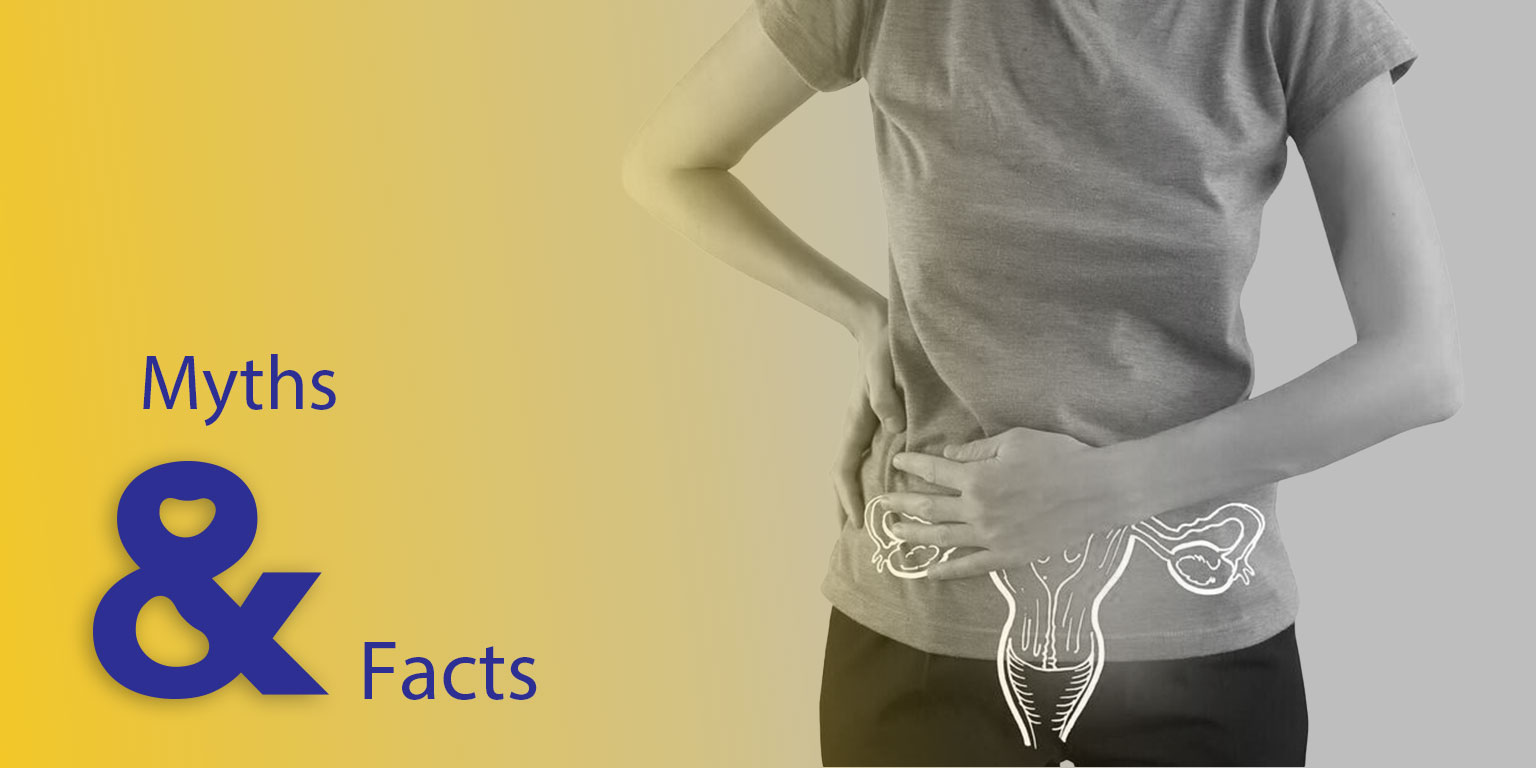Introduction
Ovarian cysts are fluid-filled sacs that can form on or within the ovary. Ovarian cysts are very commonly found in reproductive-aged women and are usually ignored as long as they don’t cause any pain or discomfort. Generally harmless and go away on their own without medical intervention. At times, ovarian cysts can grow in size and burst, causing further complications. Emergencies like this need immediate medical help. To ensure that you receive the best possible care, it’s important to seek out specialized gynaecological care. The best hospital for pregnancy in Hyderabad can provide you with accurate information, the latest diagnostic tools to detect ovarian cysts, appropriate diagnosis, and effective treatment. Don’t take any risks with your health. Put your trust in the hands of experts who prioritize your well-being.
What are Ovarian Cysts?
Ovarian cysts are fluid filled cysts found on the ovary. Hormonal problems, Endometriosis, Pregnancy, and Severe pelvic infection are a few possible causes of ovarian cysts. Ovarian cysts can be categorized as
- Functional Cysts: The most frequent type of functional cyst develops during menstruation and naturally disappears without intervention.
- Dermoid Cysts: Dermoid cysts occur when tissue collects under the skin. These cysts may contain hair, teeth or nerves. They usually appear at birth. Dermoid cysts often form on your head and neck but may also be in your ovaries, on your spine or elsewhere in your body
- Cystadenomas: Noncancerous overgrowths that develop on the ovarian surface.
- Endometriomas: On the other hand, endometrial tissue growing outside the uterus leads to its formation.
Many ovarian cysts, as said earlier, are harmless, meaning they are non-cancerous, but at times can cause complications, including rupture, haemorrhage, and torsion, which are considered gynaecological emergencies. Approach the best hospital in Hyderabad for the right diagnosis and management of ovarian cysts.
Symptoms and Diagnosis
Cysts in the ovaries are often inconspicuous as they have few or no symptoms. Nonetheless, these symptoms may include:
- Pelvic Pain: An aching pain in the lower abdomen on the sides, where the cyst is present.
- Bloating or swelling: Abdominal discomfort with fullness.
- Menstrual irregularities: Change in menstrual cycle length, frequency or severity.
- Pain during intercourse: Especially felt on the side that has cysts.
Different procedures are used by the best gynaecologists of Hyderabad for diagnosis and treatment which include:
- Pelvic exams: To feel for any abnormal growths on or around the ovaries.
- Ultrasounds: This can be used to produce pictures of the ovaries and to detect cysts.
- Blood tests: These are done to establish if markers of cancer are found or if abnormal hormonal levels suggest the possible presence of cysts.
When is Medical Intervention Needed?
Not all ovarian cysts require medical intervention. The decision depends on:
- Cyst size and appearance: Larger or irregularly shaped cysts may need closer monitoring or removal.
- Symptoms: Persistent or severe symptoms may necessitate treatment.
- Age: Postmenopausal women have a higher risk for ovarian cancer, requiring more vigilant monitoring of cysts.
Medical attention is crucial for complications such as:
- Ovarian torsion: When a cyst causes the ovary to move from its original position, potentially cutting off blood supply.
- Cyst rupture: This can lead to severe pain and internal bleeding, requiring immediate medical intervention.
Treatment Options
Management of Ovarian Cysts varies based on factors such as cyst size, symptoms, age and overall health of the patient. These include:
- Watchful Waiting: Follow up small asymptomatic cysts over time to see if they vanish naturally.
- Medication: Hormonal birth control methods can be given to prevent the formation of new cysts but not to reduce the size of existing ones.
- Surgery: Surgery may be necessary in cases of large, continuing, or symptomatic cysts. Many times, top Obstetricians use minimally invasive techniques like laparoscopy to remove the cysts without adversely affecting ovary function.
Factors influencing treatment decisions:
- Cyst characteristics (size, type, and appearance)
- Symptom severity
- Patient’s reproductive age and health status
- Potential impact on fertility
Role of Expert Gynecological Care
Consulting with the best gynaecologist in Hyderabad is crucial for the personalized and effective management of ovarian cysts. This ensures that treatments are tailored to meet individual health needs and preferences.
Conclusion
In conclusion, understanding, diagnosing, and effectively managing ovarian cysts is crucial for women’s health. With a variety of treatment options available, from watchful waiting to advanced surgical procedures, the key to successful management lies in personalized care tailored to individual needs. This underscores the importance of consulting with the best gynecologists, particularly at best gynecologist in Hyderabad, known for their expertise in gynecological care.


